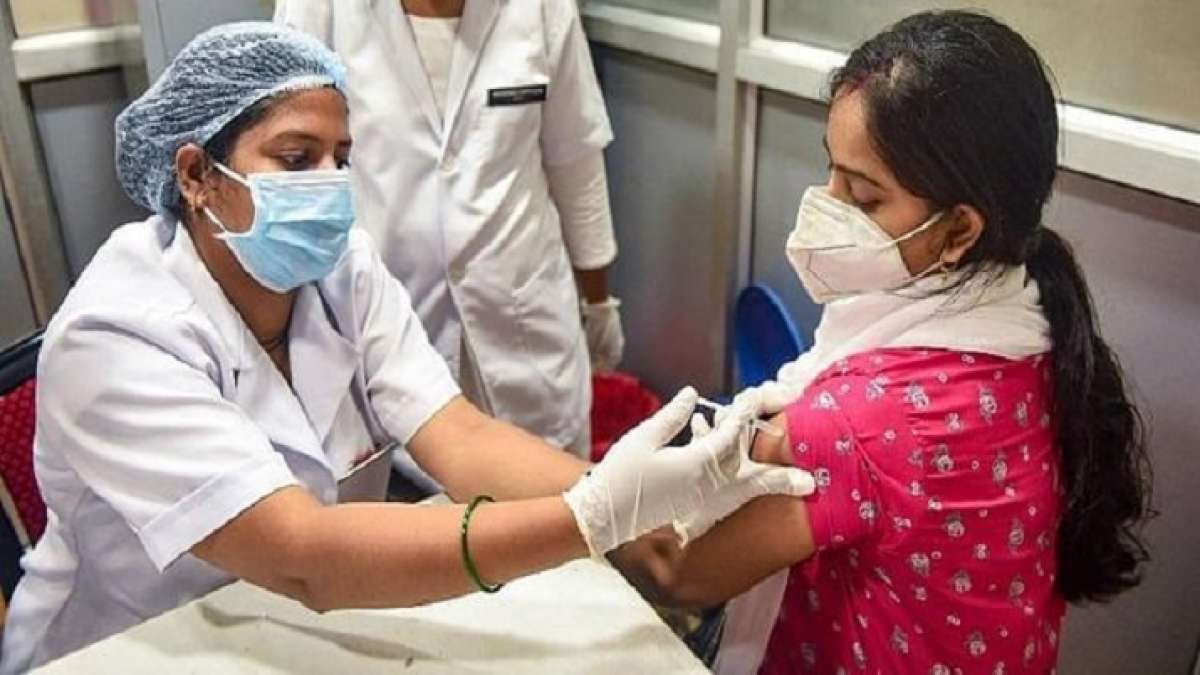Post-Vaccination Immunity

- 26 Mar 2024
Why is it in the News?
A recent review revealed that only a handful of vaccines offer durable protection lasting beyond 20 years.
About Post-vaccination immunity:
Mechanism:
- The fundamental immunological process involves the production of memory B cells in lymph nodes, providing long-term protection against diseases.
- These memory B cells recognize antigens delivered by vaccines, prompting the production of potent antibodies upon encountering similar antigens from foreign objects like viruses, effectively eliminating infections.
- T cell support is essential for the activation of memory B cells, thus vaccines stimulating T cells are capable of inducing their production.
- Notably, certain vaccines, such as polysaccharide typhoid and pneumococcal vaccines, may not prompt the production of B cells.
- To extend the duration of immunity conferred by memory B cells, frequent boosters may be necessary, ranging from six months to several years.
- However, the presence of memory B cells alone does not guarantee protection, as the effectiveness of vaccines in triggering their production varies.
- Long-lasting plasma cells (LLPCs) migrate from lymph nodes to the bone marrow, where they may persist for decades, constituting a crucial aspect of vaccine-induced immunity.
- Every vaccine aims to generate LLPCs in the bone marrow for lifelong protection, with vaccines like those for measles and rubella known to stimulate LLPC production.
- Notably, some potent vaccines, such as mRNA COVID-19 shots, may not effectively activate LLPCs in the bone marrow.
- For vaccines to confer long-term protection, they must generate both memory B cells and LLPCs in the bone marrow, with variations in vaccine effectiveness in producing these cells explaining differences in their durability.
